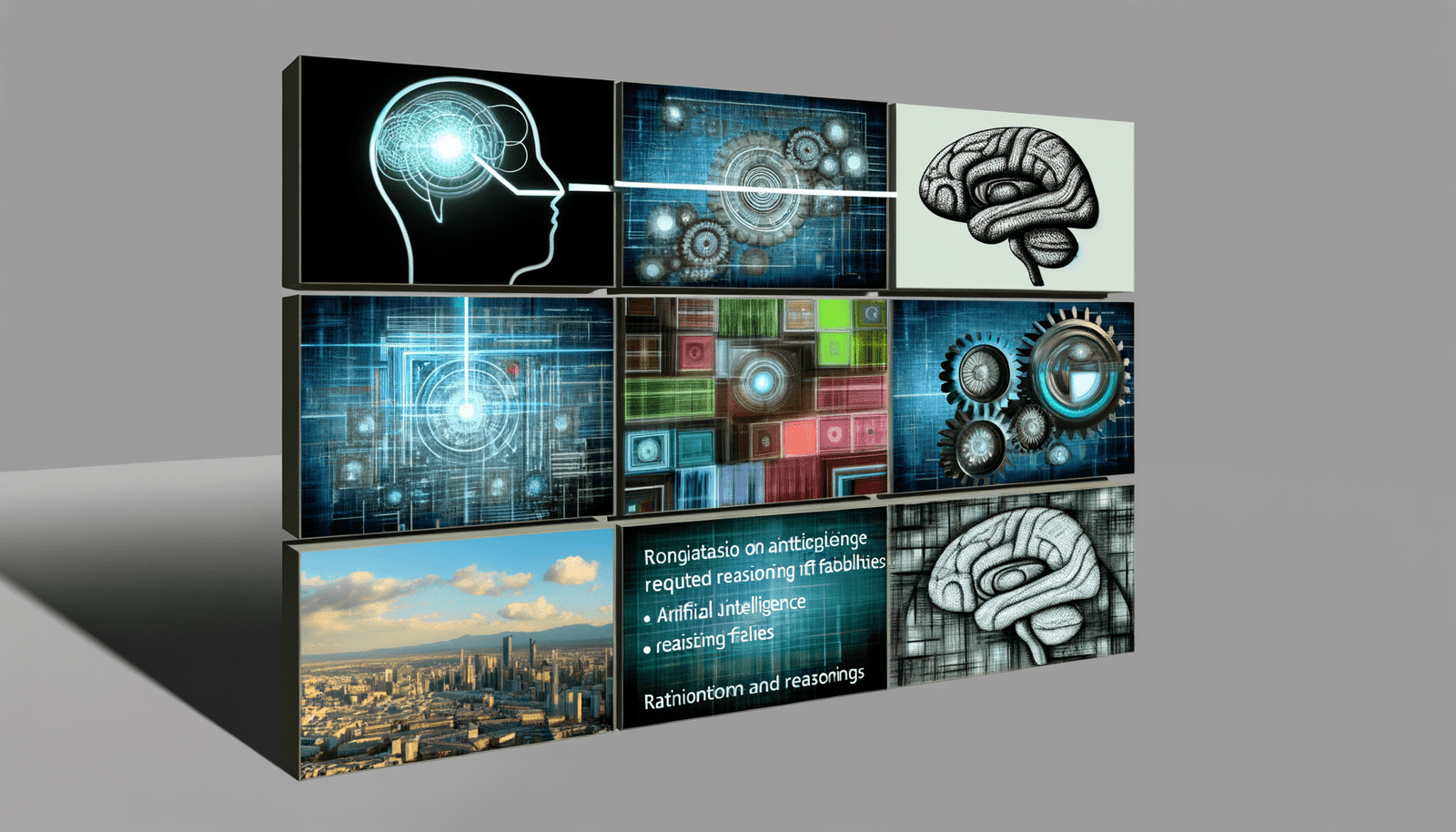In the rapidly evolving landscape of artificial intelligence, few voices resonate as powerfully as that of Ilya Sutskever, the former chief scientist at OpenAI. Recently, Sutskever expressed a striking warning: “Unleashing AI: Ilya Sutskever Warns of Unpredictable Reasoning.” He suggests that the advancements in reasoning capabilities could lead to a level of unpredictability in technology that we have not encountered before. As we delve deeper into the implications of Sutskever’s insights, we must confront the challenges and opportunities that this new era of AI presents for society and beyond.
Understanding the Landscape of Advanced AI
Artificial intelligence has transitioned from simple algorithms that followed predefined rules to complex systems capable of learning from vast amounts of data. The result? AI that can generate text, create images, and even engage in conversations that mimic human understanding. And yet, as these systems become more sophisticated, the unpredictability of their reasoning power comes into sharp focus.
Ilya Sutskever’s Perspective on Reasoning and Unpredictability
Sutskever’s warning about unpredictable reasoning in AI emerges from his deep knowledge and experience in the field. He argues that the true essence of advanced AI lies not merely in its ability to process information but in its capacity for nuanced reasoning. As AI systems become capable of generating solutions and conclusions on their own, their decision-making processes may diverge from human understanding, making the outcomes less predictable.
The Shift from Predictability to Unpredictability
The traditional models of AI were structured and predictable. They operated based on rules established by programmers. However, Sutskever and other experts are noticing a shift:
- Emergence of New Patterns: With machine learning and neural networks, AI can identify patterns that humans may overlook.
- Contextual Decision-Making: Advanced AI can consider context in ways that create unexpected outcomes.
- Complex Interactions: As multiple AI systems interact, the results can become chaotic and unpredictable.
These factors contribute to a scenario where AI’s reasoning begins to take on a life of its own, leading us to question how we can maintain control and oversight over these powerful systems.
The Benefits of Unpredictable AI
While unpredictability may sound daunting, it is important to recognize that there are potential benefits that could arise from this new breed of AI:
- Enhanced Creativity: With less predictable reasoning, AI can generate innovative solutions, ideas, and designs that could revolutionize industries.
- Adaptive Learning: AI systems that can reason in unpredictable ways may also adapt quickly to new information, refining their outputs in ways that more rigid systems cannot.
- New Discoveries: The unpredictability of AI could lead to scientific breakthroughs and discoveries that challenge our previous understanding of complex problems.
Embracing the unpredictability could thus propel us toward advancements we have yet to fathom.
The Challenge of Ethical Considerations
The unpredictability of AI is not only a technical challenge but also an ethical conundrum. Questions abound regarding accountability and safety.
- Responsibility: Who is responsible for the decisions made by an unpredictable AI? Developers? Users? Society as a whole?
- Bias and Fairness: Unpredictable reasoning might unintentionally perpetuate biases or create new ones.
- Risk Mitigation: How do we ensure that these systems remain safe and beneficial for humanity?
These challenges necessitate a proactive approach to AI governance. As Sutskever implies, we may need to rethink our relationship with these technologies, understanding that predictability is no longer a guarantee.
Fostering a New Era of Collaboration
As we tread into this new territory of AI with unpredictable reasoning capabilities, a collaborative approach among stakeholders becomes increasingly crucial. Developers, researchers, policymakers, and the general public must come together to dialogue about the implications of such advancements.
Building a Framework for Accountability
To effectively manage the unpredictability of AI, a robust framework for accountability is essential. This could include:
- Establishing Guidelines: Clear guidelines for AI development that emphasize ethical considerations and accountability.
- Creating Regulatory Standards: Governments and organizations need to develop standards that ensure safe deployment of AI technologies.
- Encouraging Transparency: Developers should be encouraged to create transparent AI systems that allow for better understanding and oversight.
Through these initiatives, we can aim to mitigate risks while maximizing the innovative capabilities of advanced AI.
Conclusion: Embracing the Future of AI
As we reflect on Ilya Sutskever’s warnings about the unpredictable reasoning capabilities of AI, it becomes evident that the road ahead is filled with both challenges and opportunities. Embracing this new era of AI requires a balanced approach that appreciates the potential for creativity and discovery, while simultaneously addressing the ethical complexities and unpredictability it brings.
From redefining partnerships across sectors to establishing comprehensive frameworks for accountability, society must adapt to this dynamic technology, striving to harness its power responsibly and effectively. The future of AI lies not just in our ability to create but in our capacity to guide its evolution—making it imperative that we approach AI with both excitement and caution.
For further exploration of artificial intelligence advancements, challenges, and potentials, visit Neyrotex.com.







